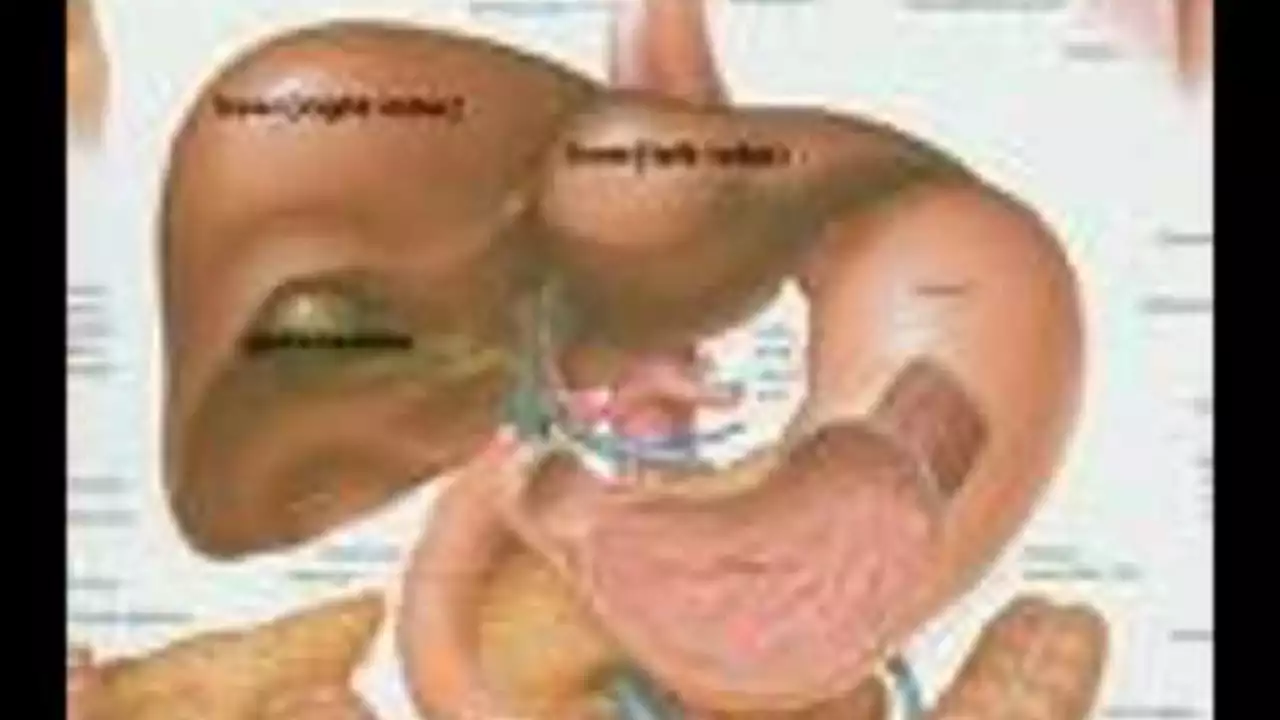Hepatic encephalopathy: what to watch for and what to do
Hepatic encephalopathy (HE) happens when a failing liver can’t clear toxins from the blood, and those toxins affect the brain. It can show up slowly as subtle mood and sleep changes, or quickly as confusion and coma. If someone has known liver disease, spotting HE early can make a big difference.
How it starts and common triggers
The main problem is toxins like ammonia building up. That happens when the liver is damaged or when blood bypasses the liver (for example after a TIPS procedure). Typical triggers you can check for are infections, constipation, dehydration, heavy alcohol use, recent bleeding in the gut, or certain medicines (sedatives, opioid painkillers, some diuretics). Fixing the trigger often helps symptoms improve fast.
Signs, tests, and when to get help
Early signs are easy to miss: subtle mood swings, trouble sleeping at night and dozing during the day, slowed thinking, or changes in handwriting. More obvious signs include confusion, disorientation, a shaky asterixis (flapping hands), and trouble speaking. If a person with liver disease becomes noticeably confused, sleepy, or hard to wake, treat it as an emergency.
Doctors usually check a few things: a basic exam of mental state, blood tests (including ammonia, electrolytes, liver tests, and infection markers), urine tests, and sometimes brain imaging to rule out other causes. EEG can help if seizures or severe brain dysfunction are suspected. Remember: a normal ammonia level doesn’t rule out HE — the clinical picture matters most.
Treatment focuses on two goals: fix the trigger and lower brain toxins. The standard first step is lactulose, a safe syrup that makes the gut expel more ammonia. It’s dosed to produce soft stools two to three times a day. Rifaximin, an antibiotic that stays in the gut, is often added if symptoms don’t clear with lactulose alone or for preventing recurrences. Short hospital stays may be needed for IV fluids, controlling bleeding, or treating infections.
At home, don’t cut protein too much unless a doctor says so — most people need normal or slightly increased protein (1.2–1.5 g/kg/day) to avoid muscle loss. Keep hydrated, treat constipation quickly, avoid alcohol and sedatives, and make sure prescribed meds are taken as directed. Vaccinations for flu and pneumonia and managing variceal bleeding can lower future risk.
If you care for someone with liver disease, learn their usual mental baseline and act fast on changes. Ask the care team about an action plan: who to call, when to go to ER, and which meds to give at home. With quick treatment and good follow-up, many people recover from HE and can reduce future episodes.

